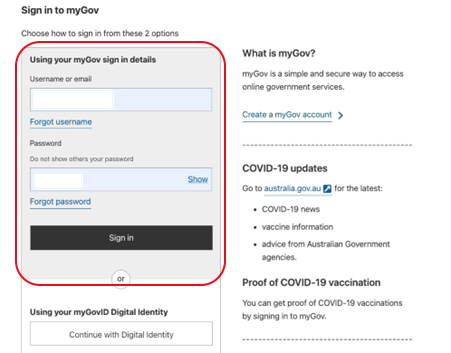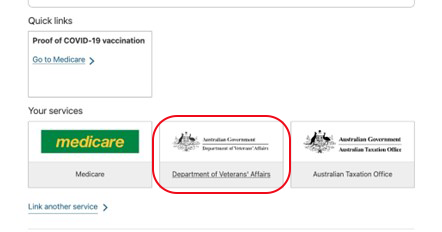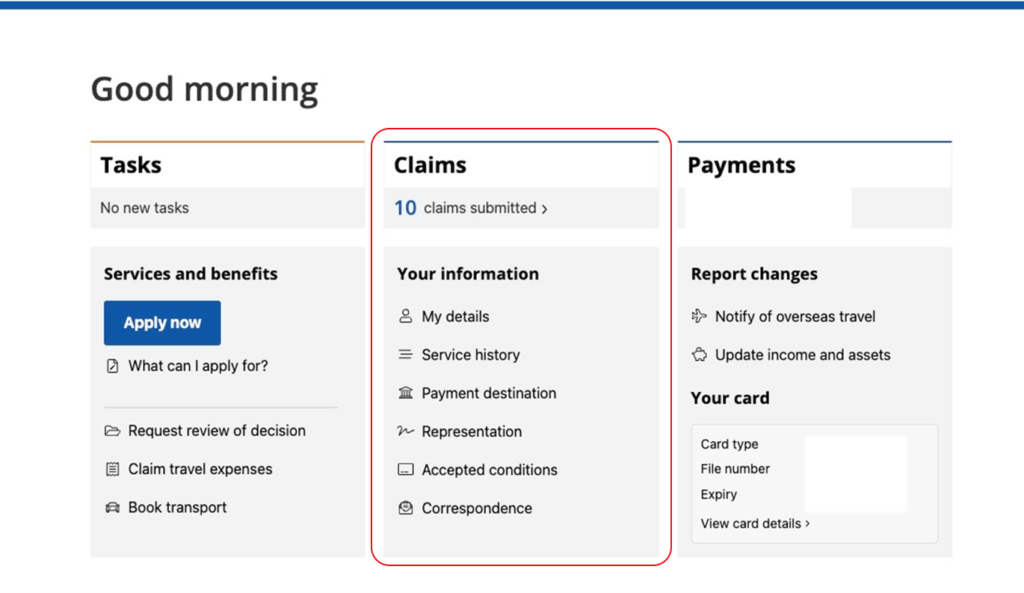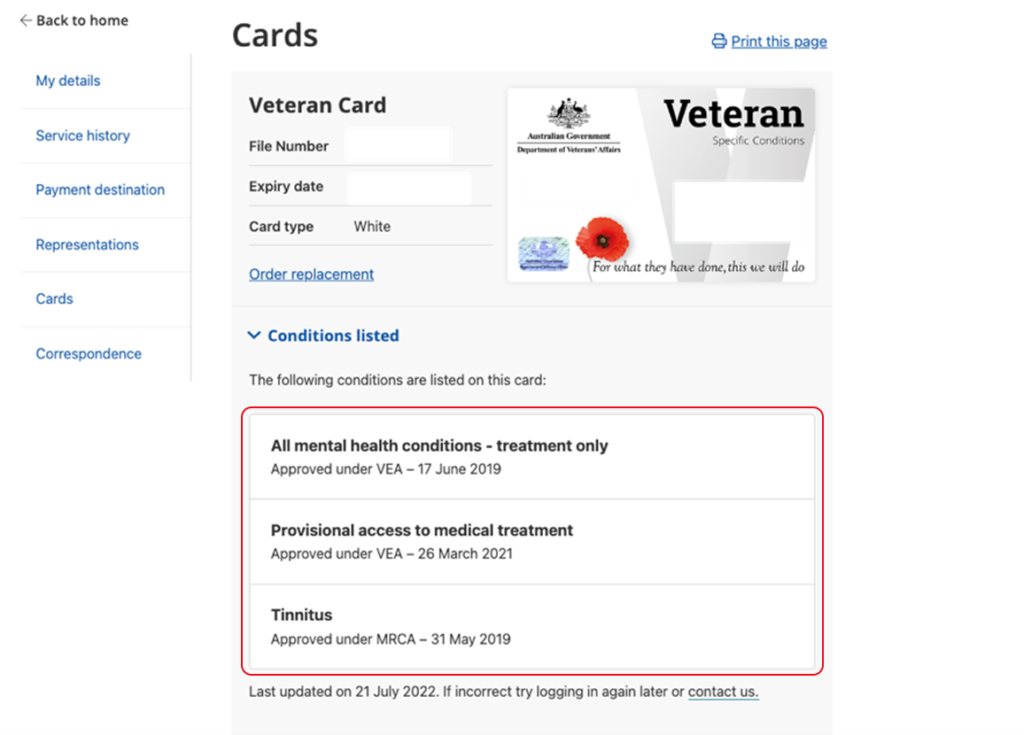Weight Management: Are You Missing The Simple Key To Long-Lasting Success?
Most of us know the sinking feeling of not meeting our weight-related goal, whether that’s weight loss, muscle gain, optimising our nutrition or our exercise to happily maintain our existing weight, or something else. So when we don’t meet those goals repeatedly, even if we engage the services of an experienced health professional like a dietitian through DVA, it can not only leave us confused and frustrated, but affect our confidence, mood, satisfaction in everyday life, and much more.
So, what’s one of the key reasons that our team has noticed this happening, and what is clearly missing from a weight management plan that will help improve your chances of long-term success for weight management, regardless of your goal? According to the research – and the results that our DVA members are experiencing, it’s a thoughtful, holistic and combined weight management program.
What Does A Combined Approach To Weight Management Look Like?
A combined approach recognises and respects that many aspects of a person’s life are relevant to their weight management journey – and sets them up for success accordingly. Being overweight is never a sole response to the minutes of exercise we complete or which foods we choose to eat, but also involves our genetics, metabolism, physical makeup, and a range of cultural, social, emotional and behavioural factors – just to name a few. For some of us, we instinctively make the food choices we do because of the experiences we had in our early life, and having someone simply tell you the better choices to make isn’t enough to reliably and repeatedly create change.
With all of this said, it makes sense that a combined, multidisciplinary program that takes all of these factors into account is best equipped to give you the greatest chance of long lasting success with your weight management goals – and research agrees. Countless studies show that a single-discipline approach is significantly less effective in managing weight or making lasting health improvements, and that working with a multidisciplinary team that includes nutritionists, exercise physiologists and psychologists who can each bring a unique set of skills and expertise to target different aspects of weight manage is much more successful across the board… This becomes even more important for DVA members, who may have additional physical, mental and emotional considerations that often require targeted intervention.
Psychologists Can Address Underlying Beliefs Surrounding Food
Successful weight management is as much about making balanced food choices as it is about showing you how to lead a life where the food or exercise choices you make don’t upturn your emotional or mental state. This is an aspect many people struggle with on a daily basis, where the consumption of a ‘cheat meal’ or a high-fat or high-sugar snack is immediately linked to the belief that one has ‘failed’, instinctively turning to telling themselves that they ‘have no self-control’, ‘will never change’, and mentally putting themselves down. For others, their underlying beliefs can look quite different, forcing themselves to always ‘finish what’s on their plate’ or ‘eat when food is served’, even if it exceeds their own satiety and hunger cues due to childhood experiences.
This is where our psychologists are experiencing great success in working with DVA members who may have experienced trauma, be battling with limiting and negative self-beliefs, or are living with conditions such as depression or anxiety, among others. Psychologists assess how these unique factors may be affecting your underlying beliefs, emotions, and behaviours around food to improve your long-term eating behaviours, prevent relapse and build effective coping strategies.
Research has found that cognitive behavioural therapy with a psychologist as part of a team can help people achieve long-term weight management, through strategies such as:,
- Creating plans to help you manage the potential mental consequences of deviating from your plan, helping you get back on track and avoid giving up.
- Preventing emotional eating by building strategies for non-food-related activities and coping mechanisms, such as hobbies or mindfulness activities.
- Addressing and reframing unhelpful negative thoughts such as “What’s the point…I failed again and I’ll never lose weight.” with thoughts like “I enjoyed the food at Sally’s last weekend, but overall I’m eating much healthier than I did before, and over time this will add up to a lot”.
- Learning to avoid extreme or rigid rules such as aiming for ‘no carbs’ or very low calorie diets, and accepting that this is a life-long change and that ‘slow and steady wins the race’.
- Finding ways to make weight management meaningful, significant and enjoyable for you, to increase your likelihood of continuing over time.
- Setting realistic weight, eating, and exercise expectations that won’t leave you discouraged, and allow you to feel a sense of success and achievement.









